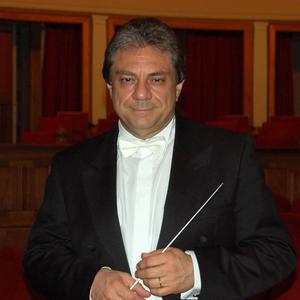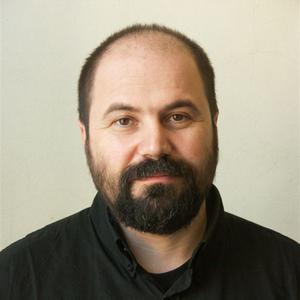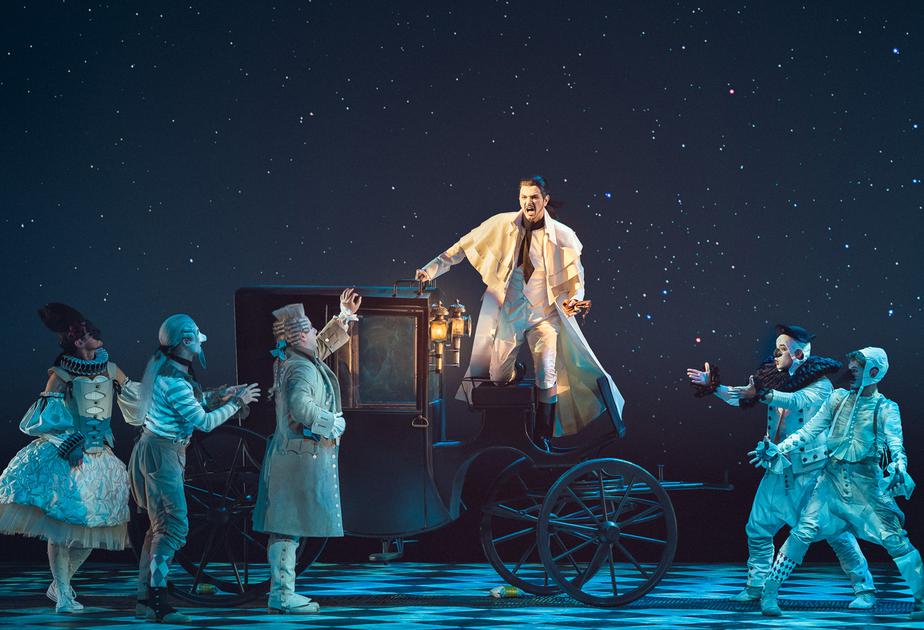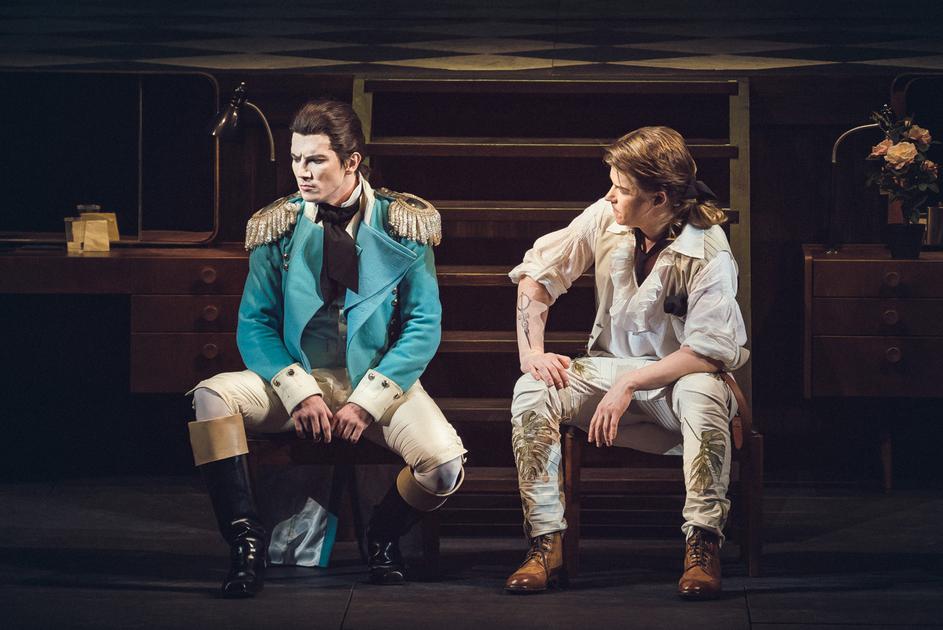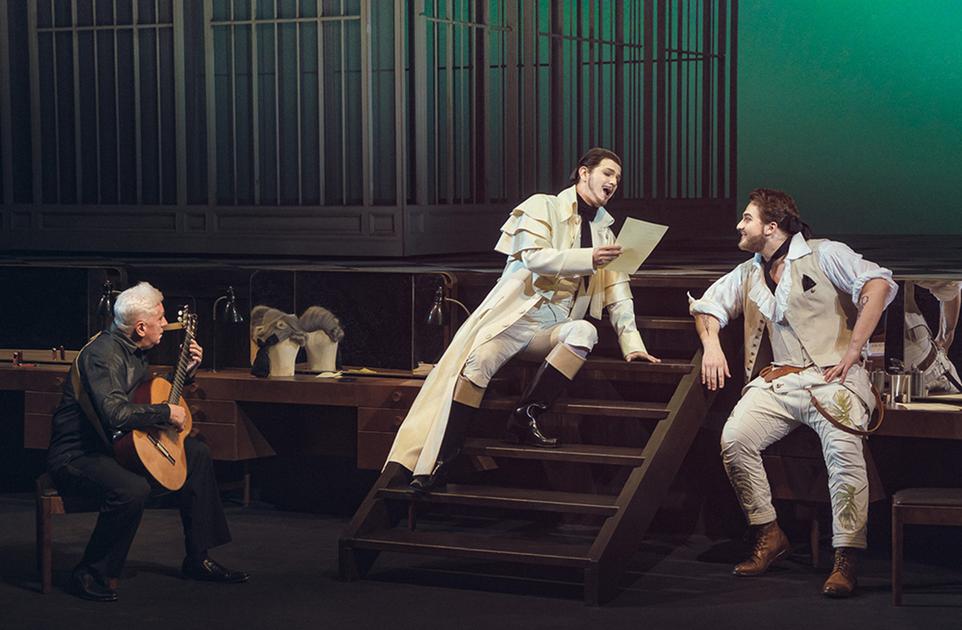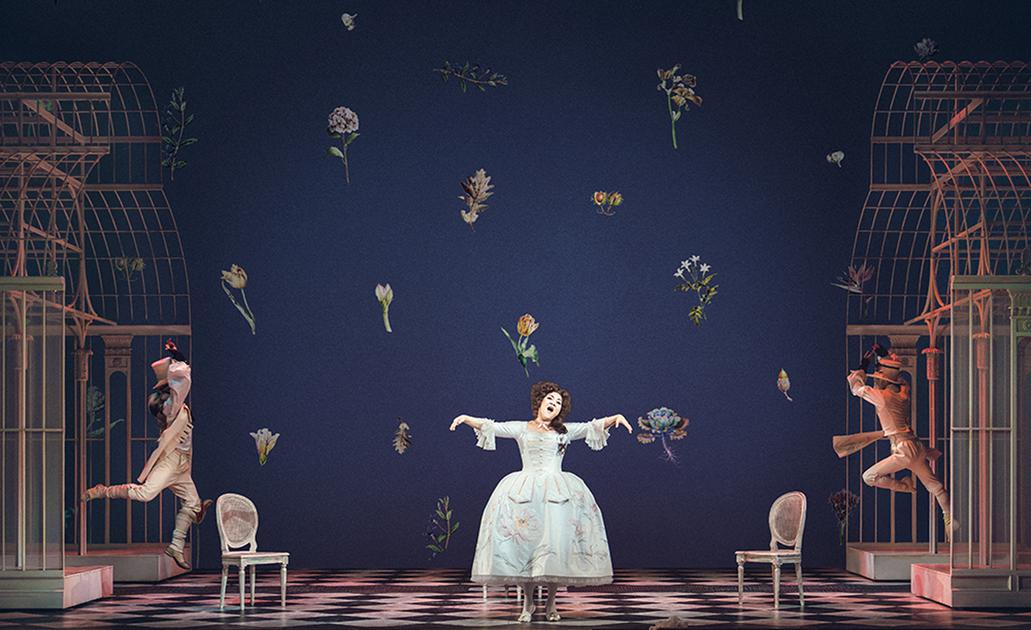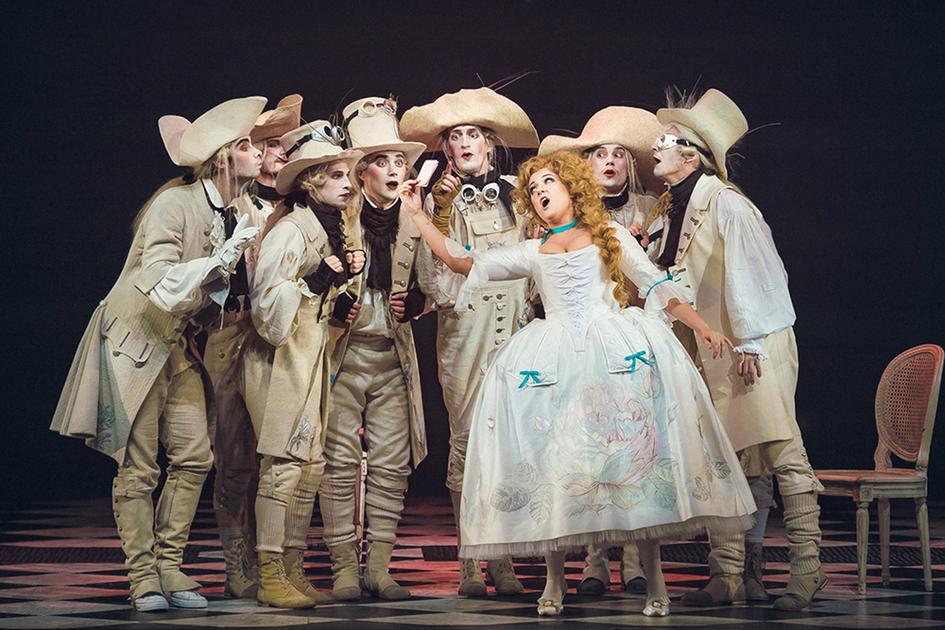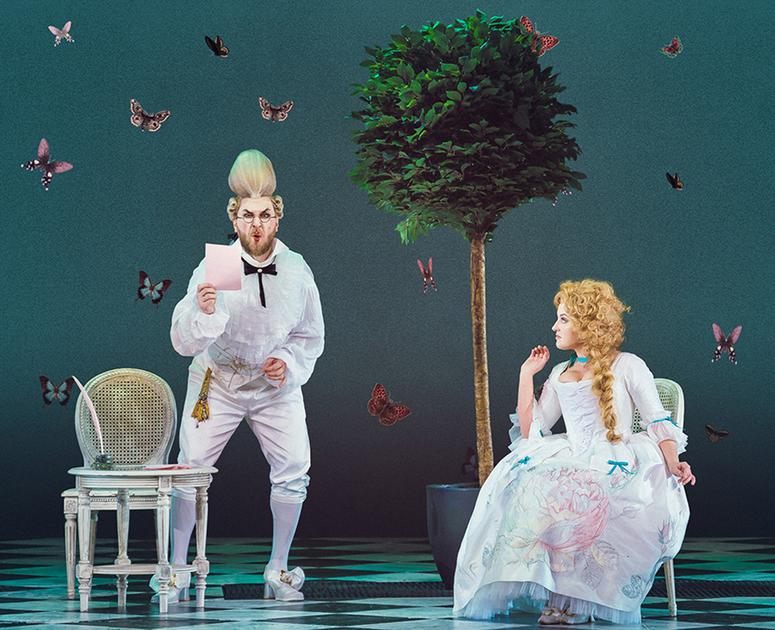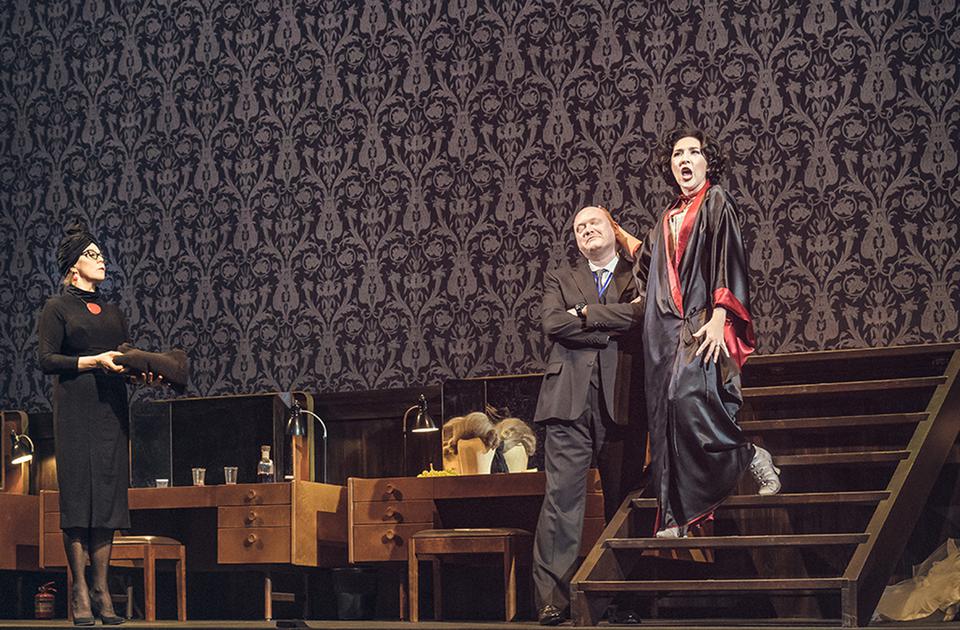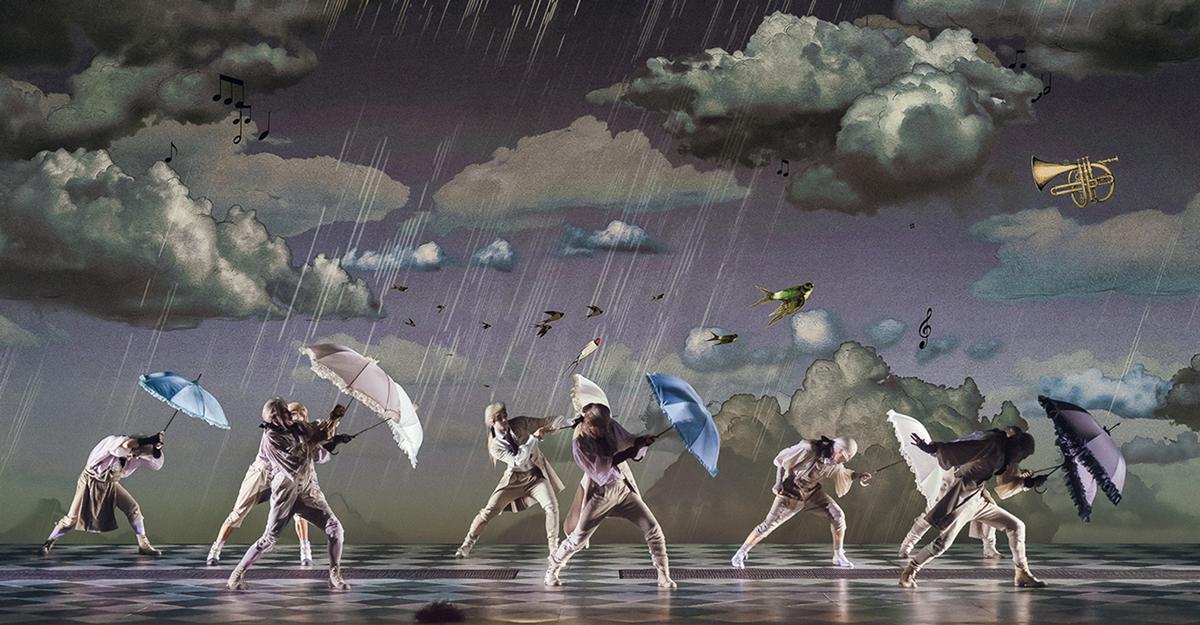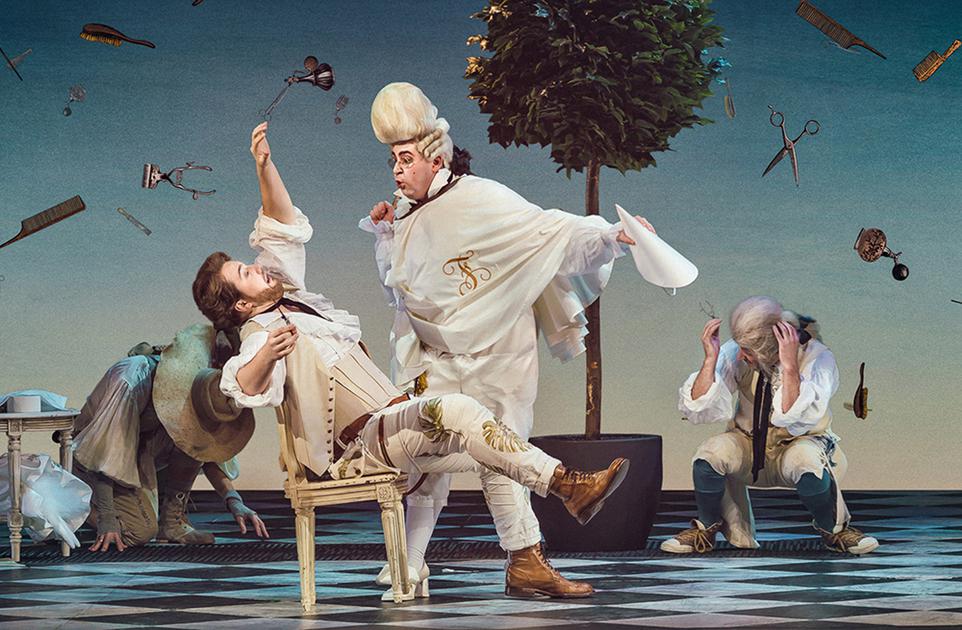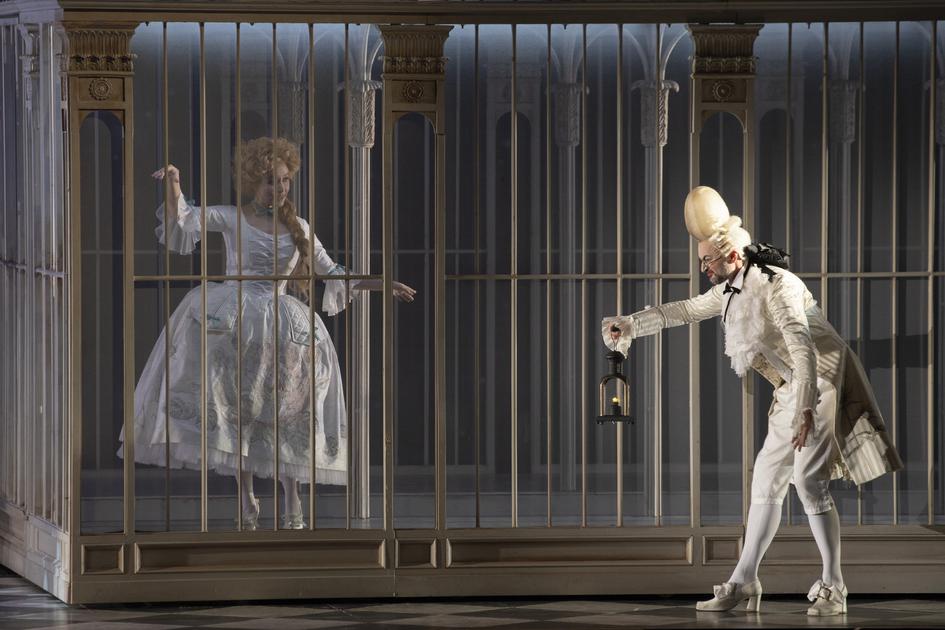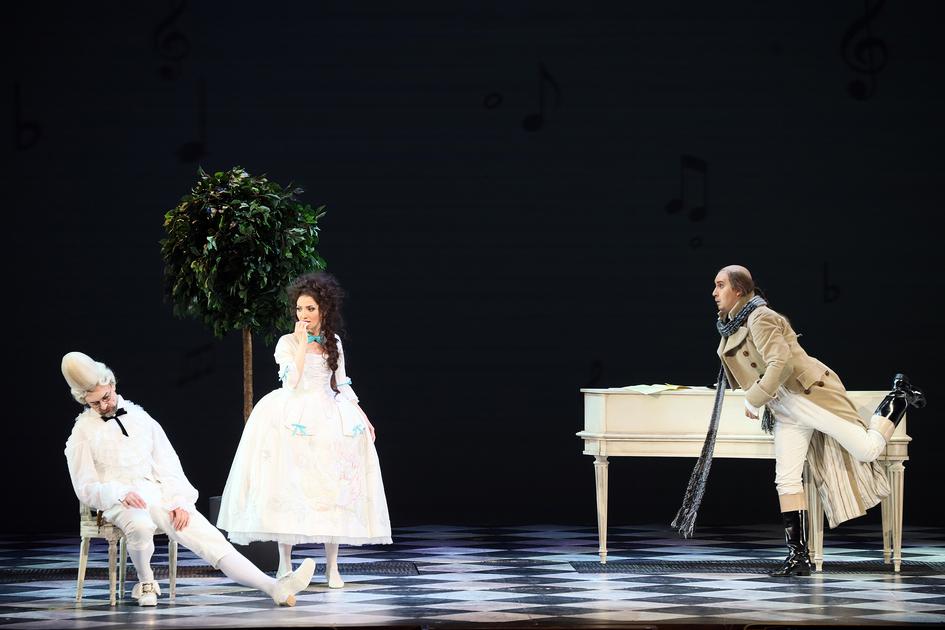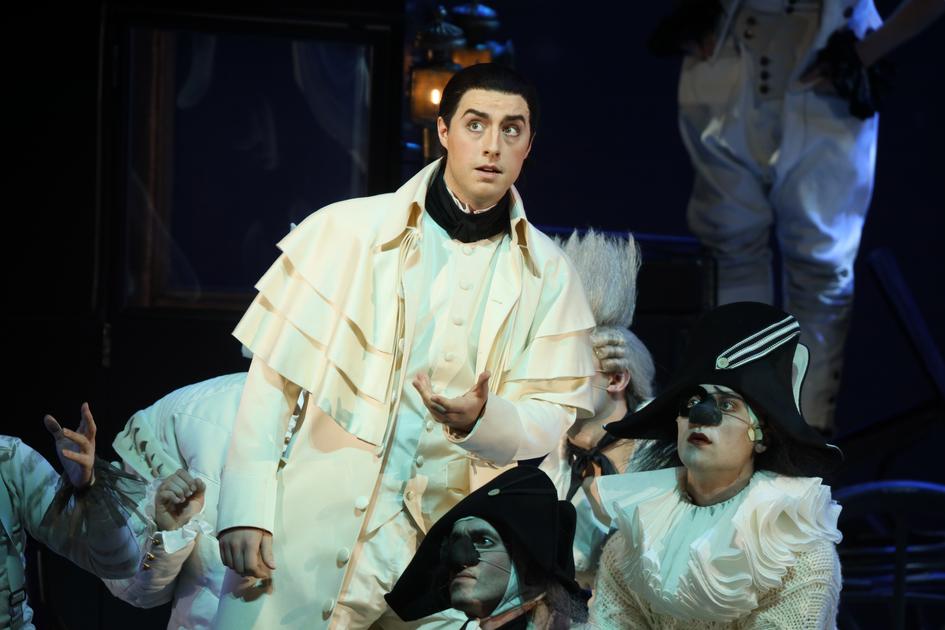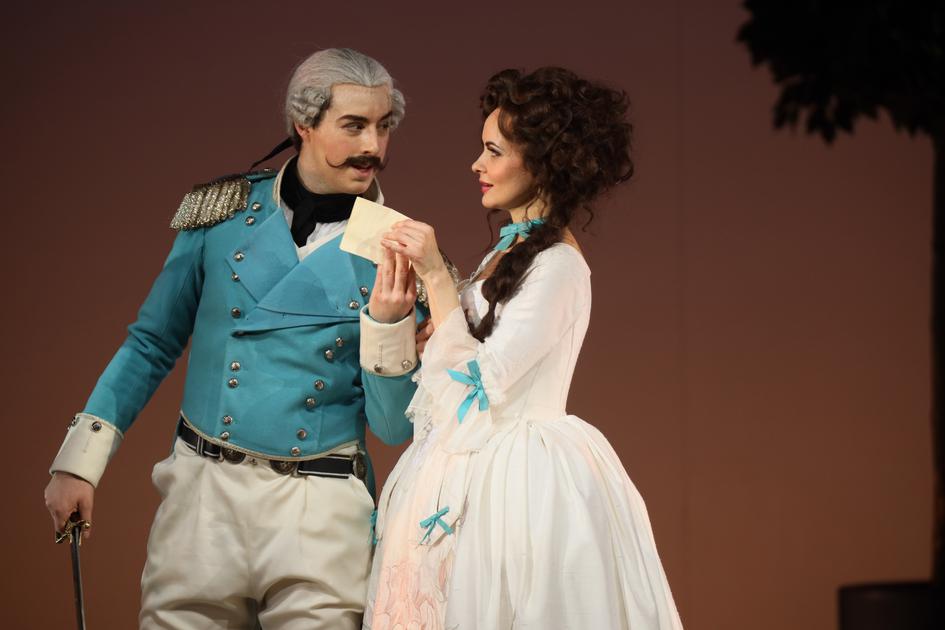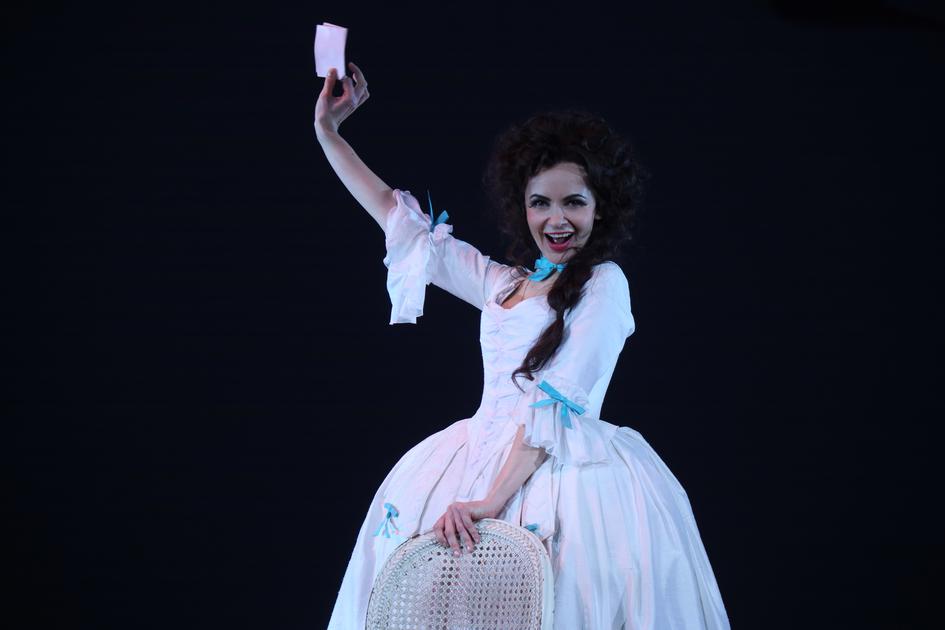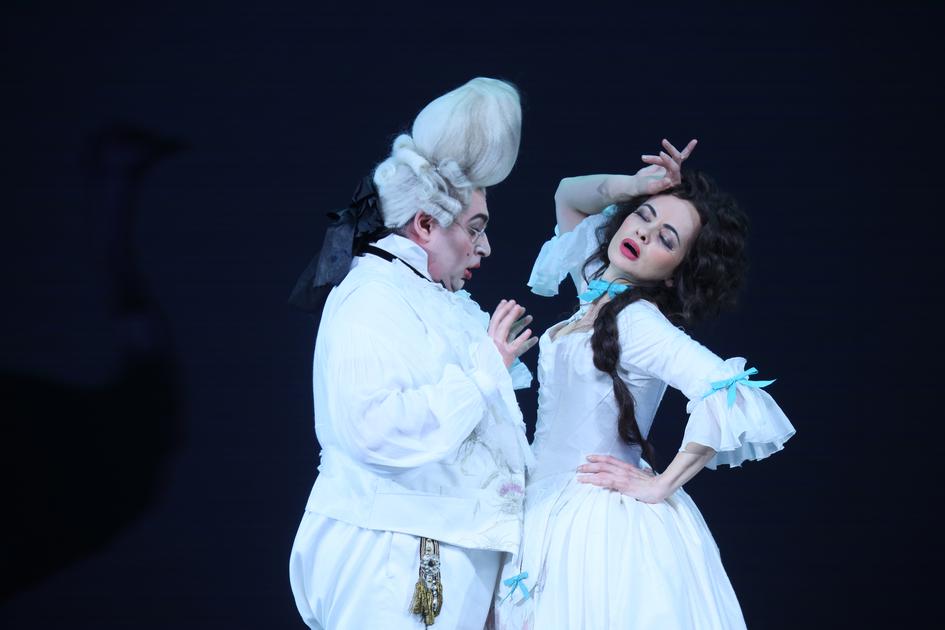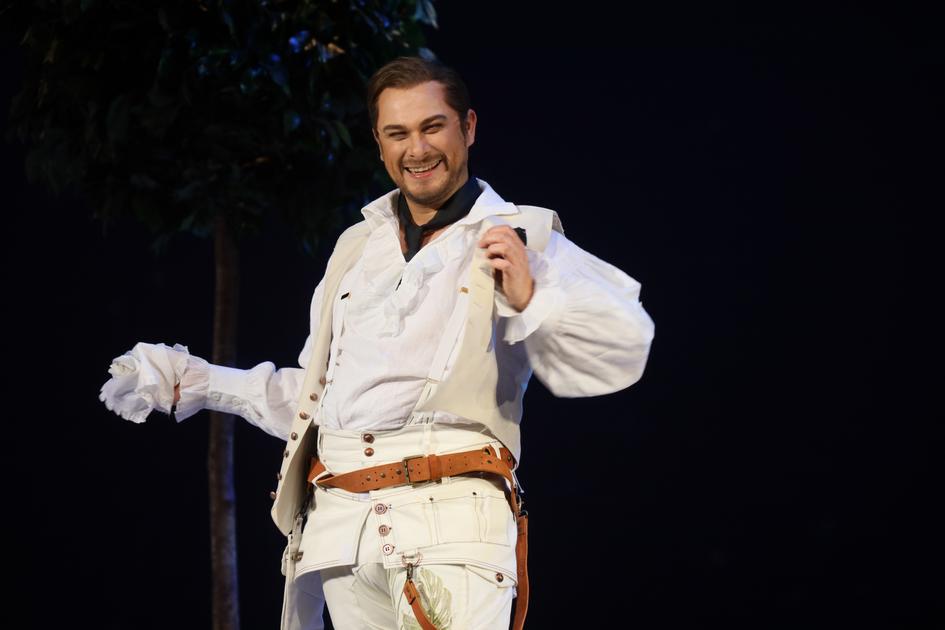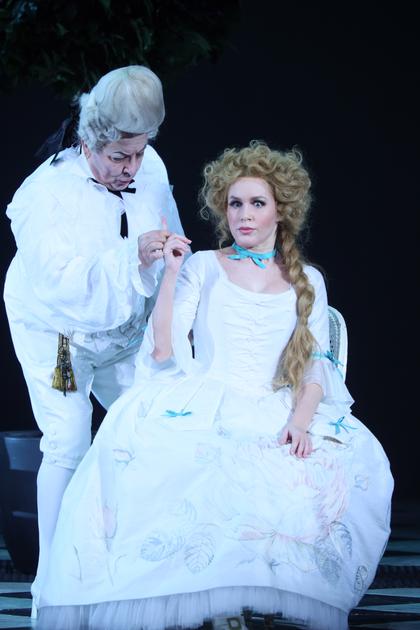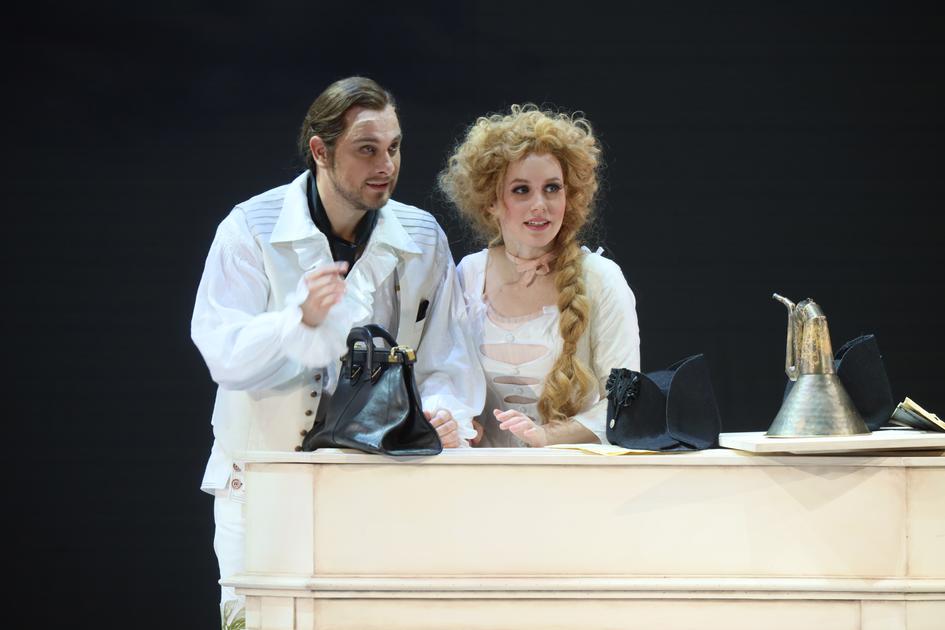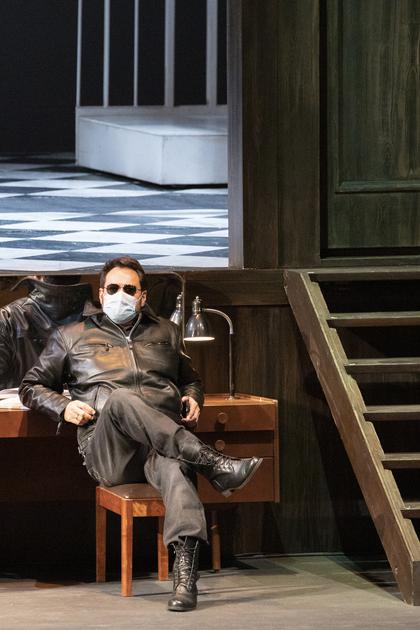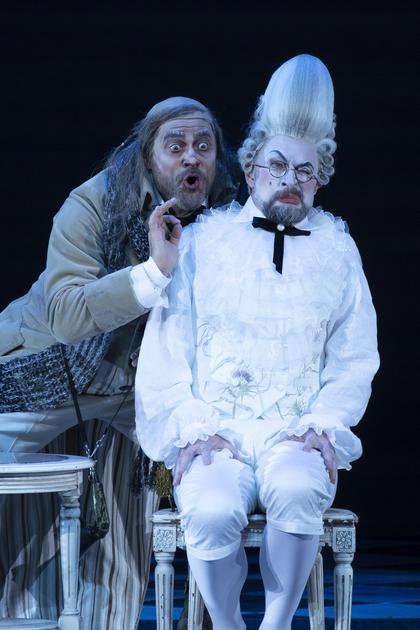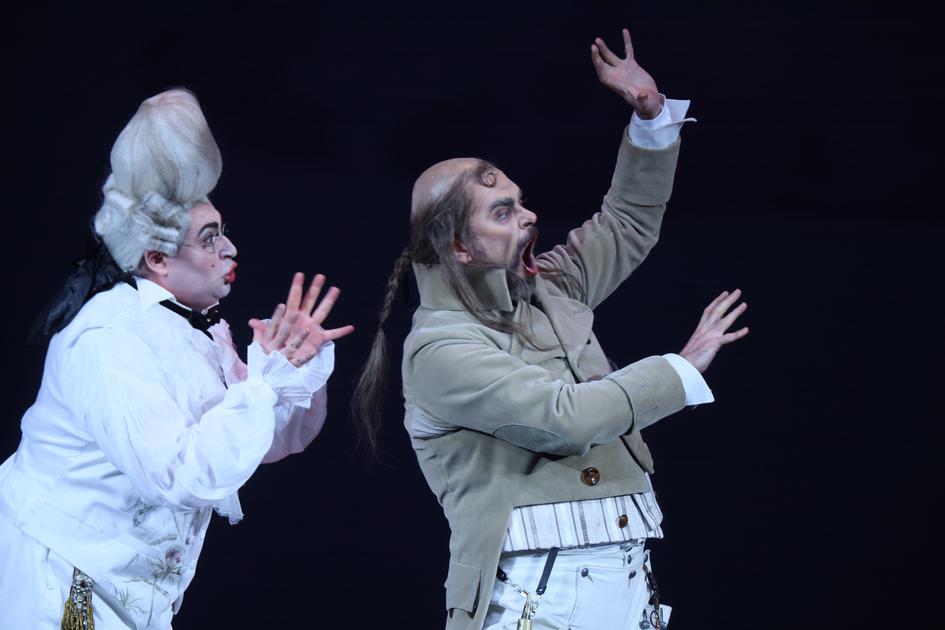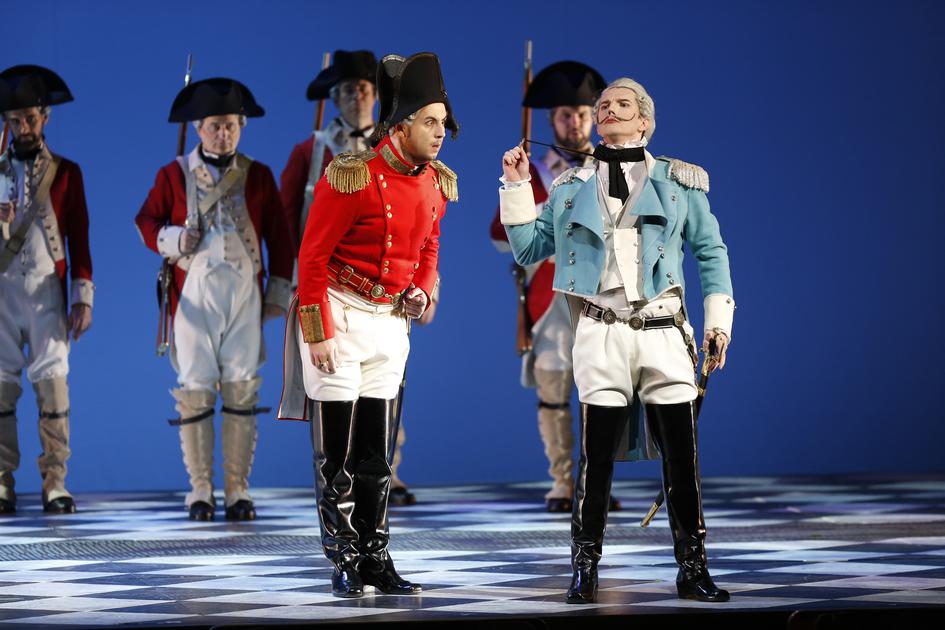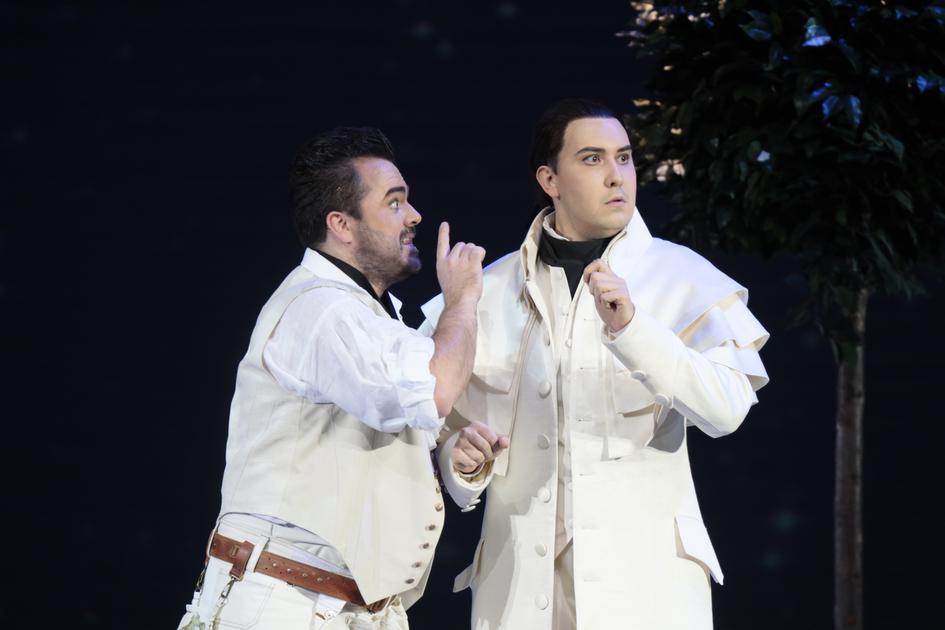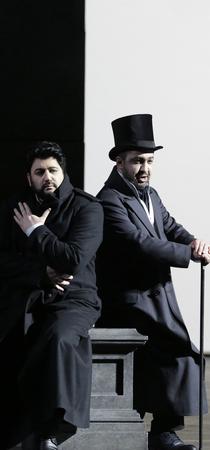
Pyotr Tchaikovsky
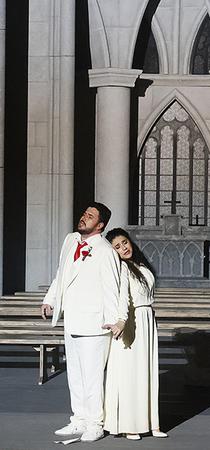
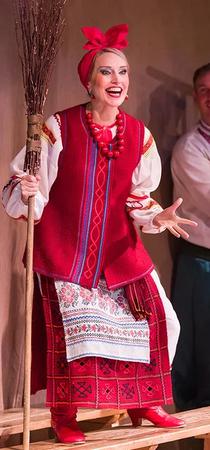
Modest Mussorgsky
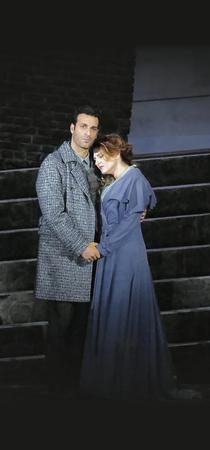
Giacomo Puccini
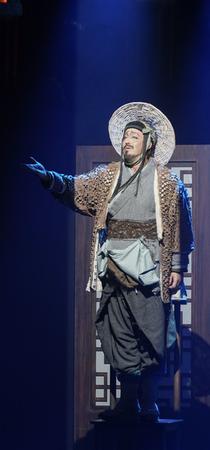
César Cui. Igor Stravinsky
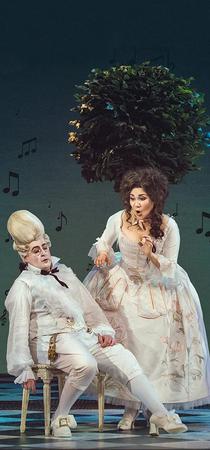
Gioachino Rossini
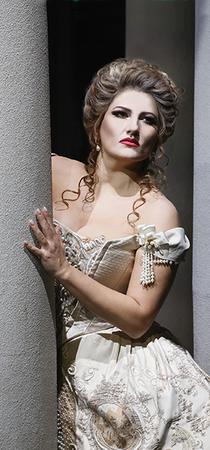
Francesco Cilea

Richard Wagner
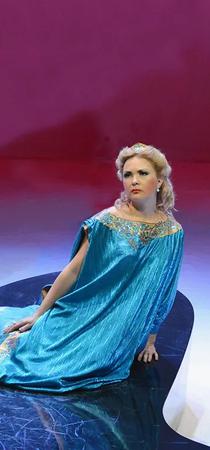
Richard Strauss
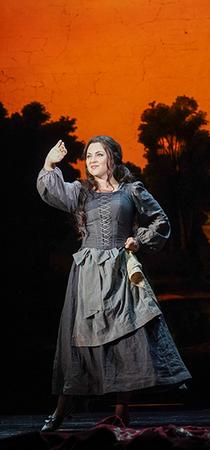
Gaetano Donizetti
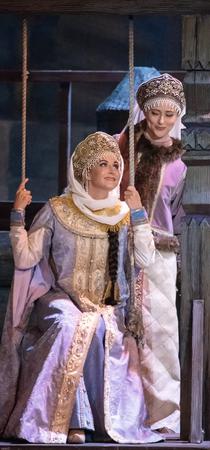
Nikolai Rimsky-Korsakov
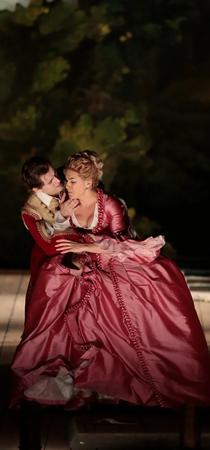
Wolfgang Amadeus Mozart
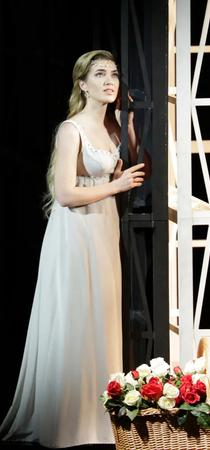
Pyotr Tchaikovsky
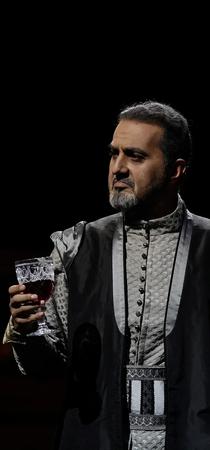
Pyotr Tchaikovsky
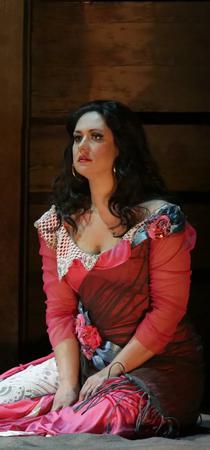
Georges Bizet
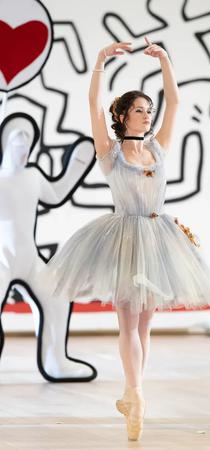
Gioacchino Rossini
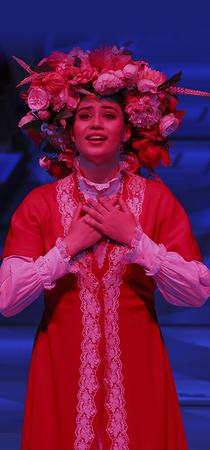
Alexander Ostrovsky, music by Pyotr Tchaikovsky
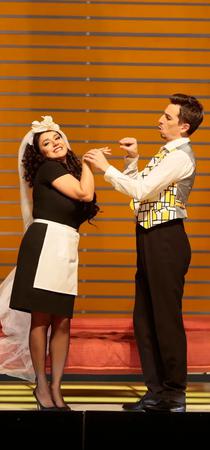
Wolfgang Amadeus Mozart
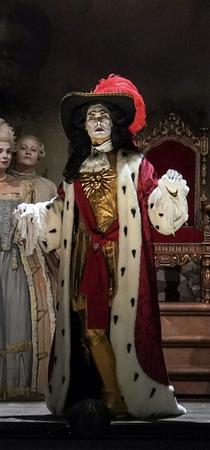
Umberto Giordano
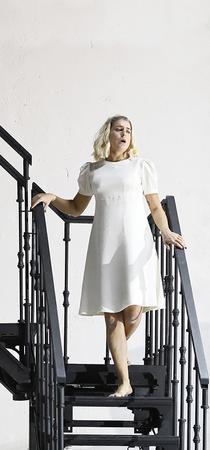
Richard Strauss
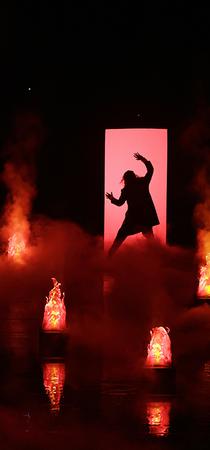
Wolfgang Amadeus Mozart
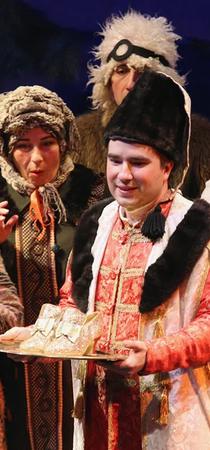
Pyotr Tchaikovsky
Ruggero Leoncavallo
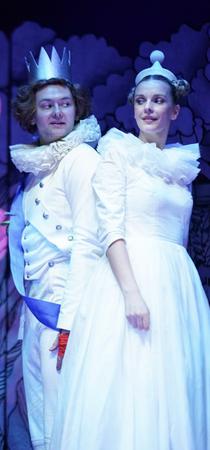
Andrei Rubtsov
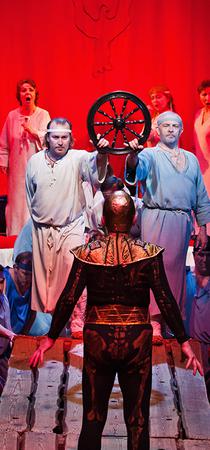
Dimitry Rostovsky
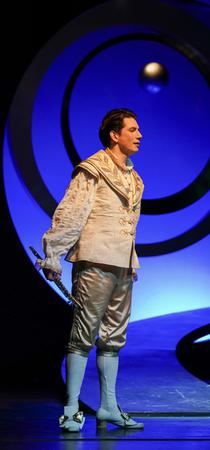
Wolfgang Amadeus Mozart
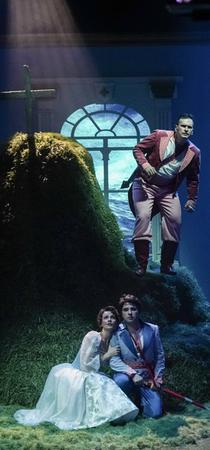
Alexei Verstovsky
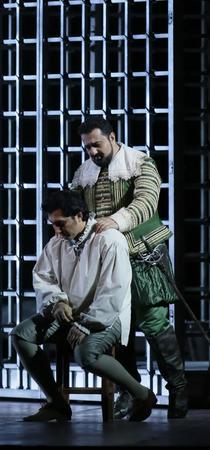
Giuseppe Verdi
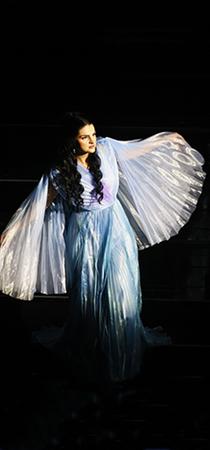
Anton Rubinstein
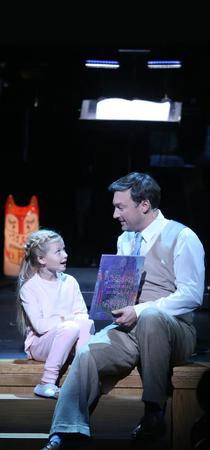
Benjamin Britten. Camille Saint-Saëns
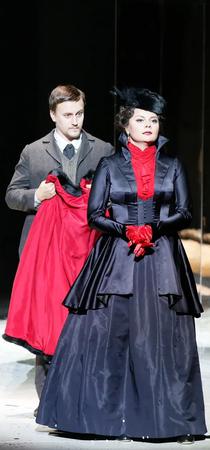
Mieczysław Weinberg
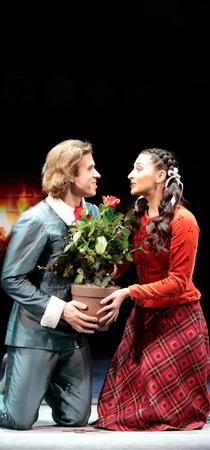
Sergei Banevich
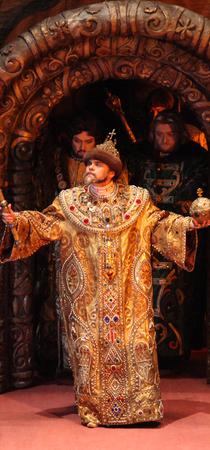
Modest Mussorgsky
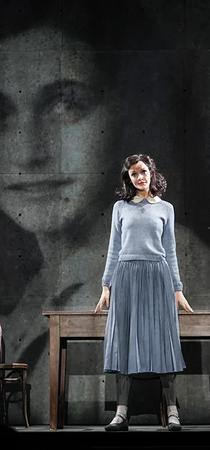
Grigory Frid. Udo Zimmermann
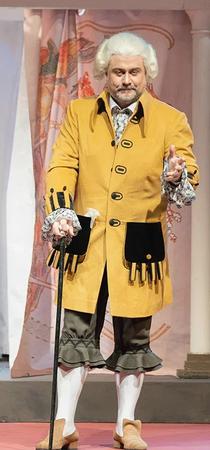
Wolfgang Amadeus Mozart
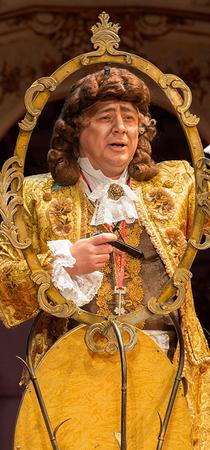
Georg Philipp Telemann
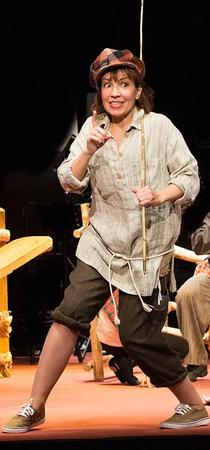
Sergei Prokofiev
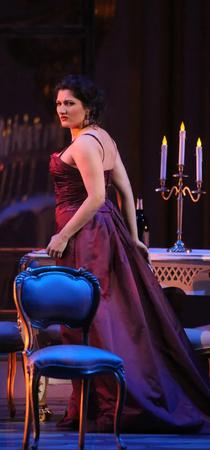
Giuseppe Verdi
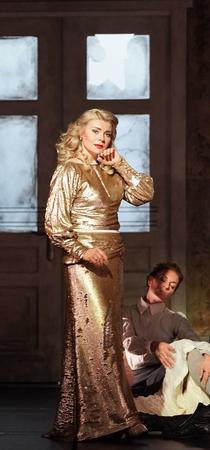
Sergei Prokofiev. Maurice Ravel
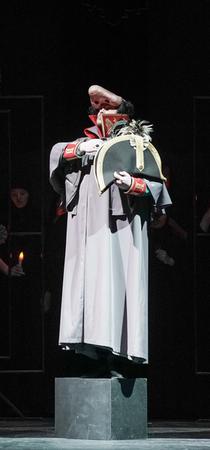
Dmitry Shostakovich
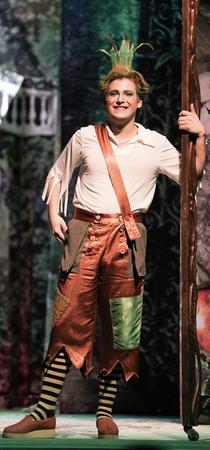
Tatiana Kamysheva
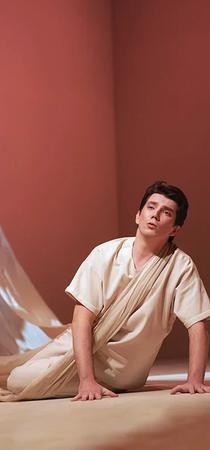
Georges Bizet
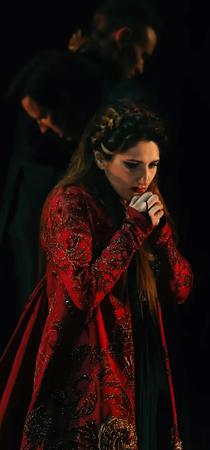
Giacomo Puccini
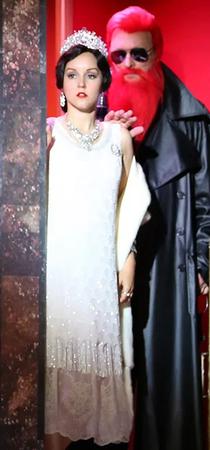
Jacques Offenbach
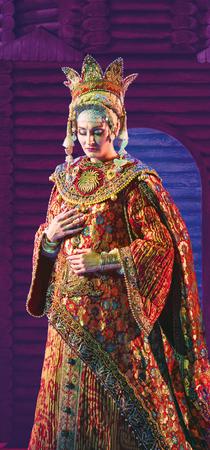
Nikolai Rimsky-Korsakov
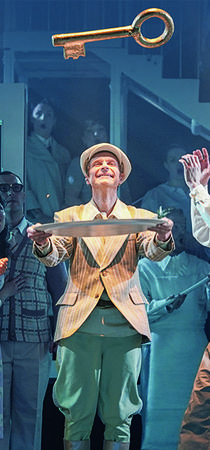
Dmitry Shostakovich
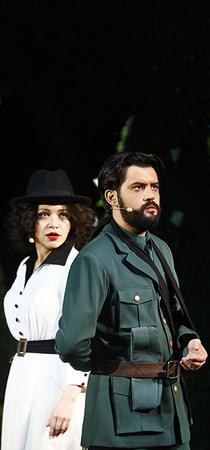
Hector Berlioz
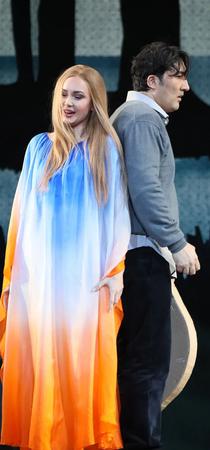
Nikolai Rimsky-Korsakov
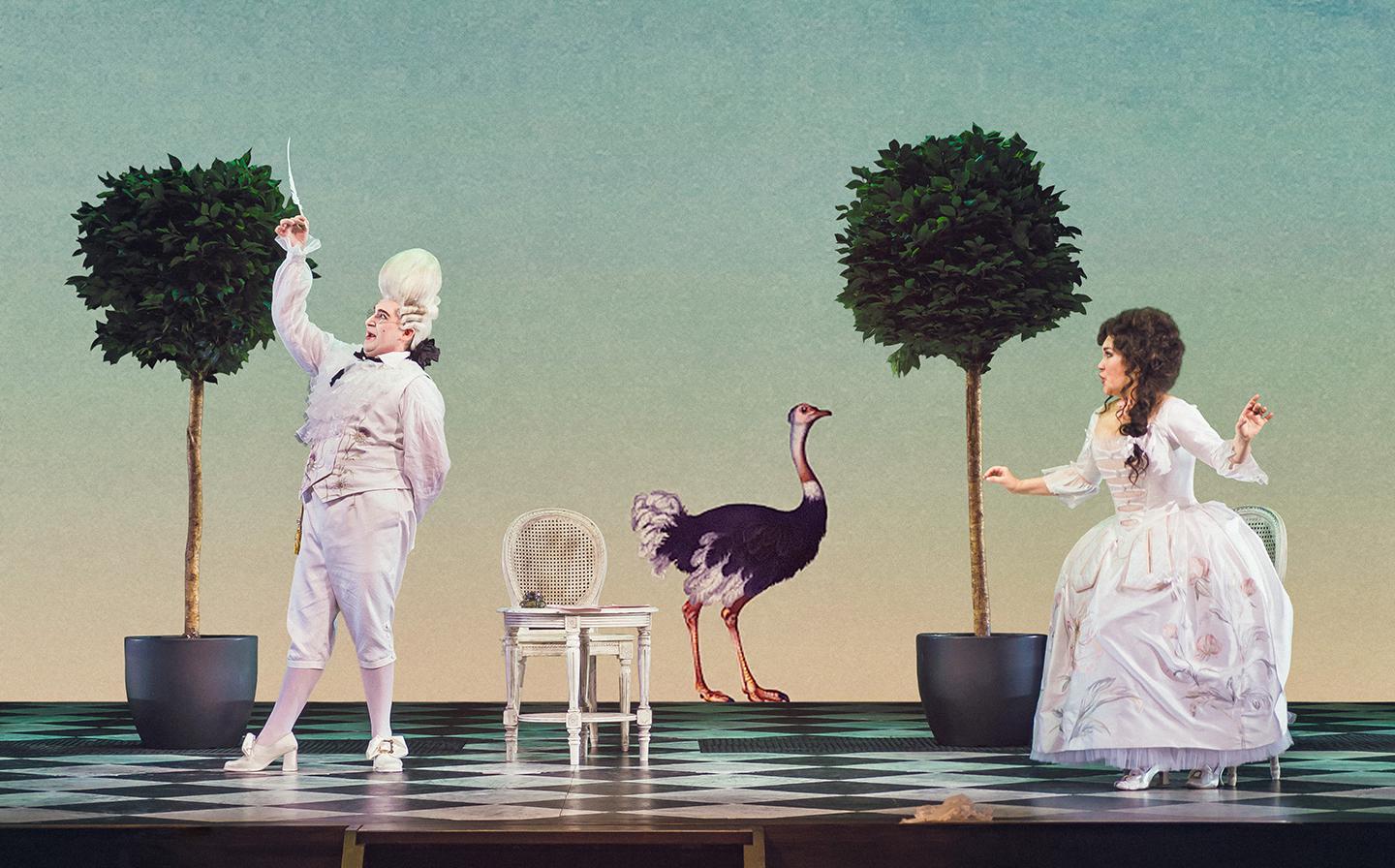
Verdi considered Il Barbiere “the best of the existing comic operas” and Beethoven implored the author at their meeting: “Most importantly, write more Il Barbieres! This exact opera by “the Swan of Pesaro”, the name given to Gioachino Rossini during his lifetime, became the most popular, in Russia too.
Meanwhile, its first performance turned out to be one of the most infamously strange events in the history of music: the public’s reception was less than modest. The premiere took place at the Teatro Argentina in Rome on the 20th of February 1816. Its negative reception was due in large part to the admirers of Giovanni Paisiello, the author of a great number of operas, including the work called Il Barbiere di Siviglia. There was a hum of voices in the audience, mixed with loud deliberate coughing, that the composer could not bear: he left the theatre before the end of the performance. But Rossini had tried to be respectful towards his elder colleague and changed the name of the opera. Originally, his Il Barbiere was called Almaviva, ossia l’inutile precauzione. In spite of that, the opera quickly reverted to the name by which it was destined to win the admiration of music lovers from around the world.
Premiered on 3 November 2018.
Presented with one interval.
Libretto by Cesare Sterbini after the comedy of the same name by Pierre-Augustin de Beaumarchais
Sunday, 14:00
Saturday, 19:00
Friday, 19:00
Thursday, 19:00
Wednesday, 19:00
Sunday, 14:00
Saturday, 19:00
Friday, 19:00
Thursday, 19:00
Wednesday, 19:00
Sunday, 14:00
Saturday, 19:00
Friday, 19:00
Thursday, 19:00
Wednesday, 19:00
Sunday, 14:00
Saturday, 19:00
Friday, 19:00
Thursday, 19:00
Wednesday, 19:00
Sunday, 14:00
Saturday, 19:00
Friday, 19:00
Thursday, 19:00
Sunday, 14:00
Saturday, 19:00
Saturday, 12:00
Act I
Seville. Night. Count Almaviva comes to the house of Doctor Bartolo and serenades Rosina, whom Bartolo keeps confined to the house. Figaro an old friend of Count, who knows all the town’s secrets and scandals, explains to Almaviva that Rosina is Bartolo’s ward, not his daughter, and that the doctor intends to marry her. Figaro devises a plan: the count will disguise himself as a drunken soldier with orders to be quartered at Bartolo’s house so that he may gain access to Rosina. Almaviva is excited and Figaro looks forward to a nice cash pay-off.
Rosina reflects on the voice that has enchanted her and resolves to use her considerable wiles to meet the man it belongs to — as Almaviva has led her to believe, a poor student named Lindoro. Bartolo appears with Rosina’s music master, Don Basilio. Basilio warns Bartolo that Count Almaviva, who has made known his admiration for Rosina, has been seen in Seville. Bartolo decides to marry Rosina immediately. Basilio suggests slander as the most effective means of getting rid of Almaviva. Figaro, who has overheard the plot, warns Rosina and promises to deliver a note from her to Lindoro. Bartolo suspects that Rosina has indeed written a letter, but she outwits him at every turn. Bartolo warns her not to trifle with him.
